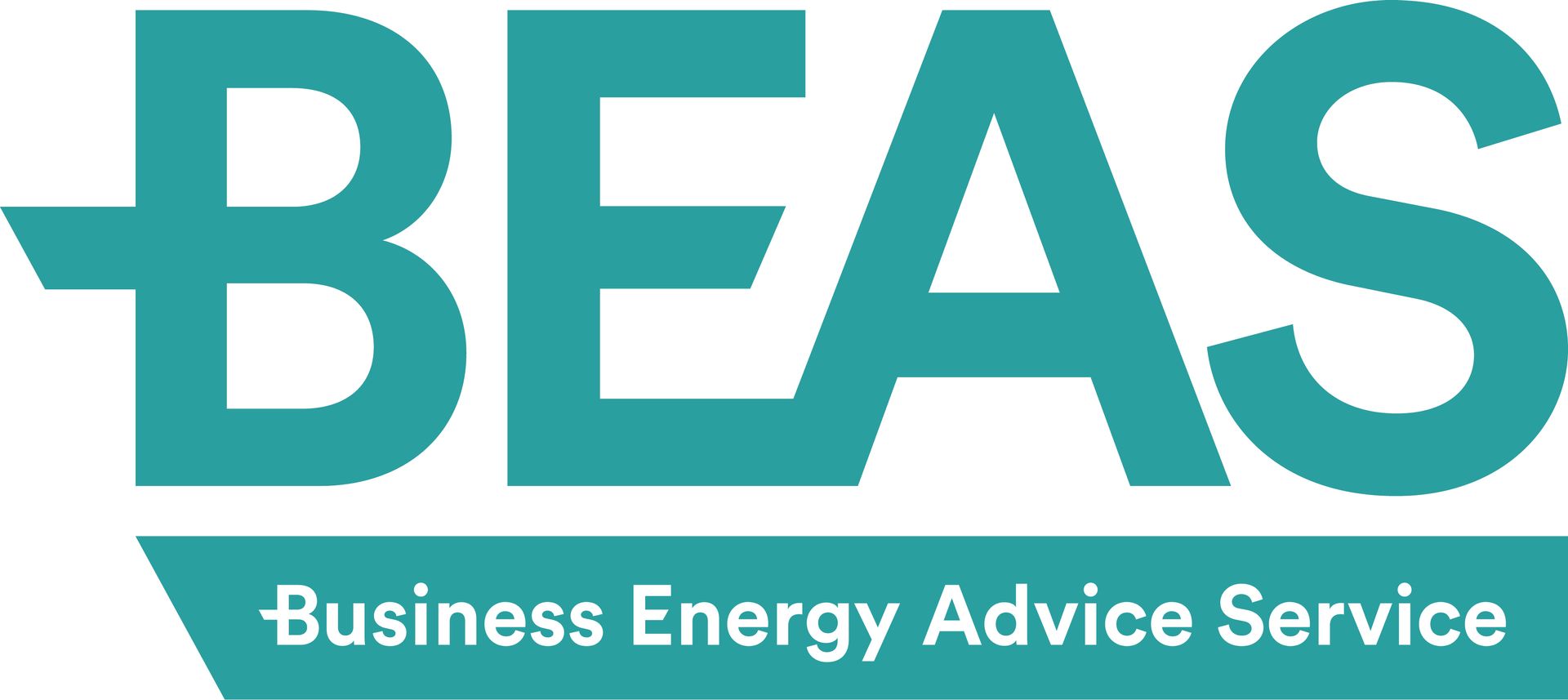Stress risk assessments: don’t get stressed about stress!
According to the Health and Safety Executive (HSE), stress is an adverse reaction someone might have to excessive pressure or other demands. Pressure can be a good thing, and creates a bit of a buzz – or diamonds, as they say – but when that pressure becomes a bit too much, stress can set in.
Workplace stress is more common than a lot of people think in the UK – around 11 million working days are lost per year due to stress, depression and anxiety. This can cause major financial losses, low morale, a decline in productivity, more accidents and make workplace disputes more likely. And in the care industry this can be even worse – with a recent Community Care report finding that 73% of respondents scored highest in the category of emotional exhaustion. Burnout and stress in care workers can be hard to spot in the beginning, but there can be big consequences.
So how can you fight stress head on? Thankfully, the experts from Citation are here to give you some top tips, and the lowdown on stress risk assessments.
What does the law say?
Employers have a legal duty to protect employees from stress at work. This is covered in legislation like…
- The Management of Health and Safety at Work Regulations 1999 – to assess the risk of stress-related ill health arising from work activity
- The Health and Safety at Work Act 1974 says employers must have measures in place to control the risk of stress
- The Safety Representatives and Safety Committees Regulations 1977 and The Health and Safety (Consultation with Employees) Regulations 1996 – by law employers must consult employees on Health & Safety matters
Spotting the signs of stress
People feel stress when they feel overwhelmed by the range of pressures they’re facing, but stress affects everyone differently. Learning to recognise the most common signs of stress is important so you can take steps as early as possible to manage stress in your workplace.
Common signs of work-related stress include:
- Loss of motivation, commitment and confidence
- Arriving late for work
- Being more tense or even nervous
- Mood swings
- Taking more time off work
- Change in appearance
- A general change in attitude and behaviour
- Increase in emotional reactions e.g. more tearful, sensitive or reactive
For more information, check out our blog posts about understanding the impact of stress in the workplace and how to identify stress in the workplace.
Stress risk assessments
When it comes to spotting the signs of stress and doing everything you can to mitigate the risk of stress in your business, conducting a thorough stress risk assessment in consultation with your employees and then implementing control measures is essential.
It’s best practice to write your risk assessments down so they’re easy to review if something ever changes, and keeping written record makes it easy for your people to access the information. If you have five or more employees, you are required by law to write the risk assessment down.
The HSE has developed six management standards to categorise sources of stress into groups to help employers identify where the stress risks in their business may be. To find out more about these, check out our full guide to stress risk assessments.
How to help employees dealing with work-related stress
If an employee confides in you or one of your managers that they’re suffering from work-related stress, there are a few things you need to consider as an employer:
- Do you have an up to date stress risk assessment that both you and your employee can refer to?
- Are your managers trained to spot the signs of stress and are they comfortable discussing the issue with your employees?
- Can you make changes to their role, working environment, hours, job role etc to help them through a period of stress?
- Can you update your risk assessment to reflect any changes in how you manage stress in your workplace, and communicate that with your wider team?
It can be hard to operate in a more flexible way, especially in the care industry, but by helping your employees, you’ll make them feel more valued in your business – and a happier, healthier workplace means a more productive workplace, and better care for service users.
Citation – by your side.
As a WMCA partner, we’re a trusted provider in the industry – so you can have faith that we know how to help you manage the challenges unique to your care home setting.
If you’d like to chat about how Citation can help with your HR and Health & Safety, just fill in our form or give us a call on 0345 844 1111 and remember to quote ‘West Midlands Care Association’ to access preferential rates.




















